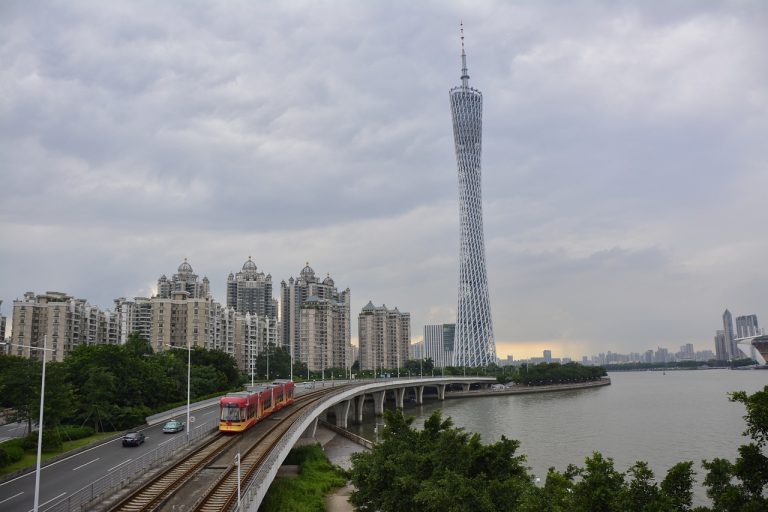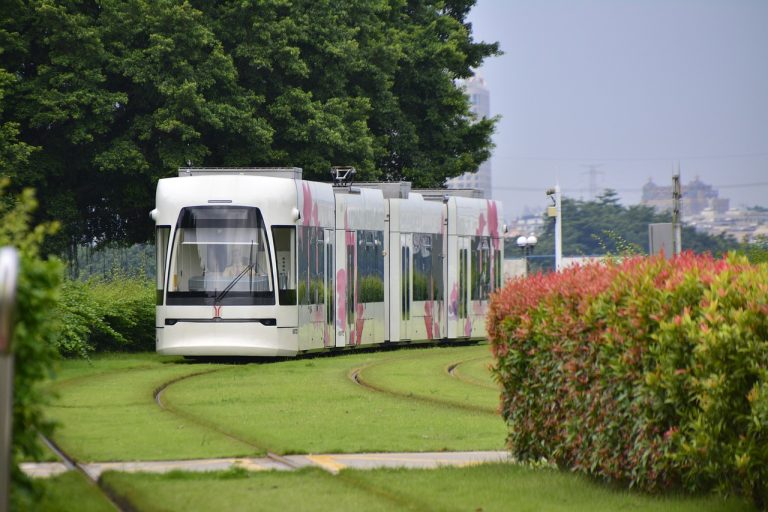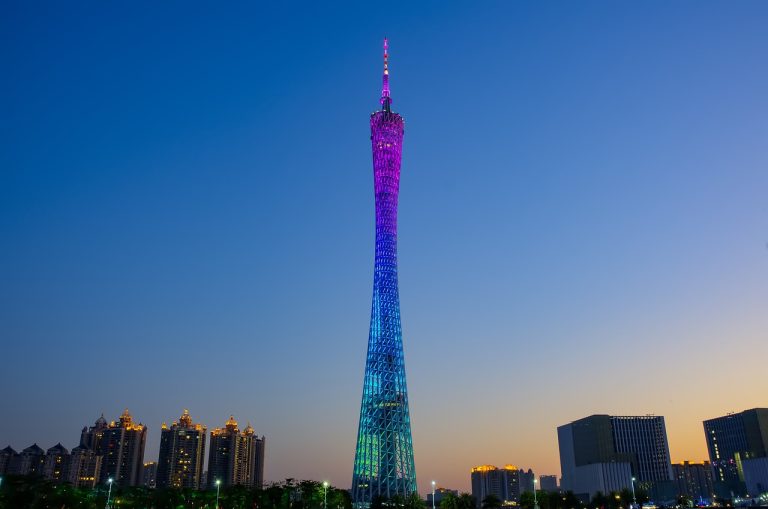Guangzhou China Video
Social and Cultural Impact of Guangzhou China
Guangzhou, also known as Canton, is the capital and largest city of the Guangdong Province in southern China. With a rich history dating back over 2,200 years, Guangzhou has seen significant social and cultural developments that have shaped its identity and influenced its residents. This article explores the social and cultural impact of Guangzhou, highlighting key aspects that have contributed to its unique character.
Historical Significance
- Trade Hub: Guangzhou has long been a major trading port, serving as a vital link between China and the rest of the world. The city’s strategic location on the Pearl River Delta has facilitated extensive trade and cultural exchanges throughout history.
- Silk Road Connection: Guangzhou played a significant role in the ancient Silk Road, connecting China with the Middle East and Europe. This led to the influx of foreign merchants, traders, and cultural influences, shaping Guangzhou’s cosmopolitan identity.
- Revolutionary Movements: Guangzhou was a hotbed of revolutionary activities during the late 19th and early 20th centuries. It was a center for anti-Qing movements and played a crucial role in the Xinhai Revolution, leading to the overthrow of the Qing Dynasty and the establishment of the Republic of China.
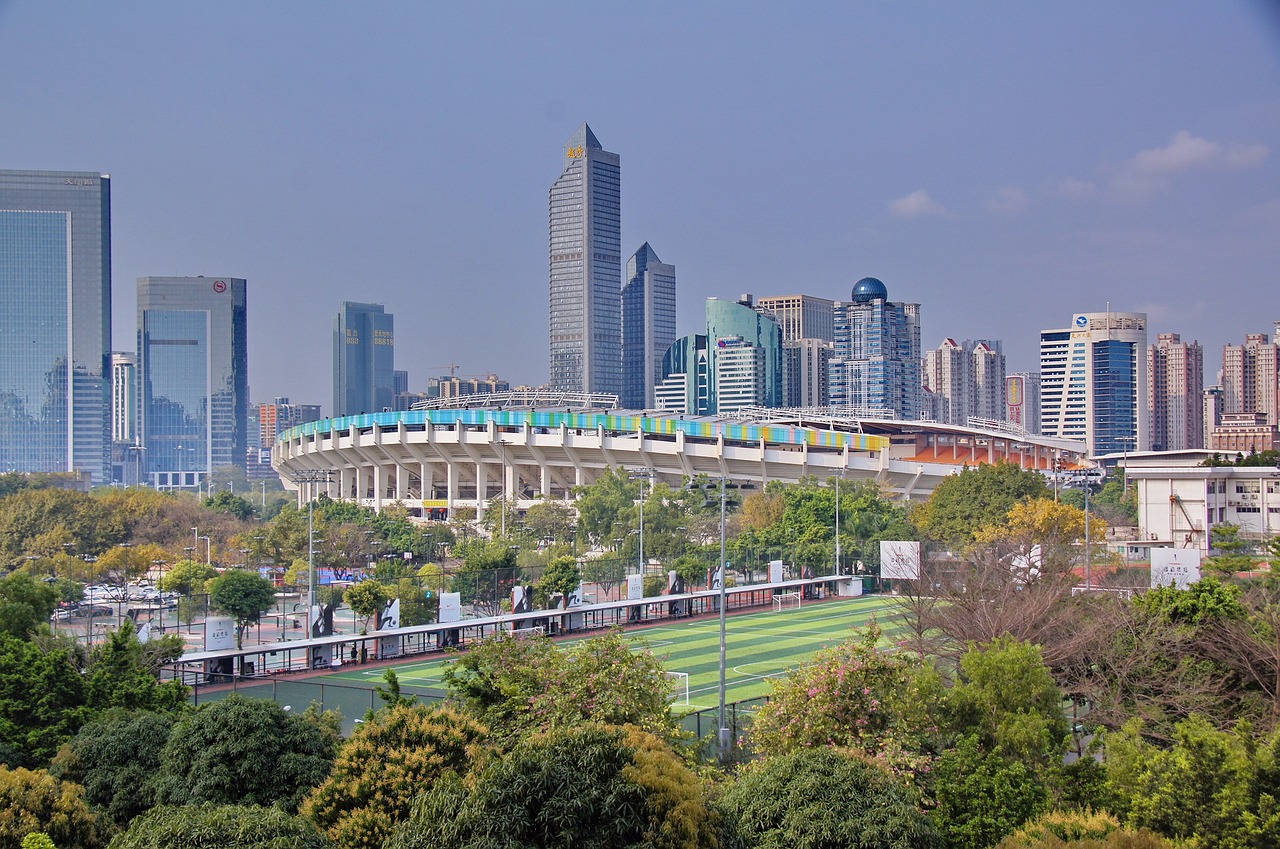
Modern Development
- Economic Powerhouse: Guangzhou has emerged as one of China’s most prosperous cities, with a thriving economy driven by industries such as manufacturing, finance, and technology. Its rapid development has attracted people from all over China and the world, contributing to its cultural diversity.
- Urbanization: The city has experienced significant urbanization, with towering skyscrapers, modern infrastructure, and efficient transportation systems. This transformation has not only enhanced the city’s skyline but also reshaped its social fabric.
- Education and Innovation: Guangzhou is home to prestigious universities and research institutions, fostering a culture of education and innovation. This has led to advancements in various fields, including science, technology, and the arts.
Cultural Heritage
- Language and Cuisine: Guangzhou is renowned for its distinct Cantonese language and cuisine. Cantonese, one of the major Chinese dialects, is widely spoken in the region, while Cantonese cuisine, known for its freshness and flavors, has gained international acclaim.
- Traditional Arts: Guangzhou has a rich tradition of various art forms, including Cantonese opera, lion dance, and martial arts. These cultural expressions have been passed down through generations, preserving Guangzhou’s vibrant heritage.
- Religious Diversity: The city is home to various religious communities, including Buddhism, Taoism, and Christianity. Temples, churches, and other religious sites can be found throughout Guangzhou, reflecting its religious diversity and tolerance.

Festivals and Celebrations
- Spring Festival: The Spring Festival, also known as Chinese New Year, is the most important traditional festival in Guangzhou. The city comes alive with vibrant decorations, dragon dances, fireworks, and family gatherings to usher in the new year.
- Mid-Autumn Festival: The Mid-Autumn Festival is another major celebration in Guangzhou, where families gather to enjoy mooncakes, lantern displays, and performances. The festival is a time for reunion and gratitude.
- Canton Fair: The Canton Fair, held biannually in Guangzhou, is the largest trade fair in China and attracts visitors from around the world. It showcases a wide range of products and promotes international trade and cooperation.
Green Spaces and Recreation
- Baiyun Mountain: Baiyun Mountain is a popular natural attraction in Guangzhou, offering breathtaking views, hiking trails, and serene temples. It serves as a recreational retreat for locals and tourists alike.
- Pearl River: The Pearl River is the lifeblood of Guangzhou, flowing through the city and providing scenic spots for leisure activities. Boat cruises, riverside promenades, and vibrant nightlife can be enjoyed along the river.
- Yuexiu Park: Yuexiu Park is the largest park in downtown Guangzhou, featuring historic sites, beautiful gardens, and recreational facilities. It is a peaceful oasis amidst the bustling city.
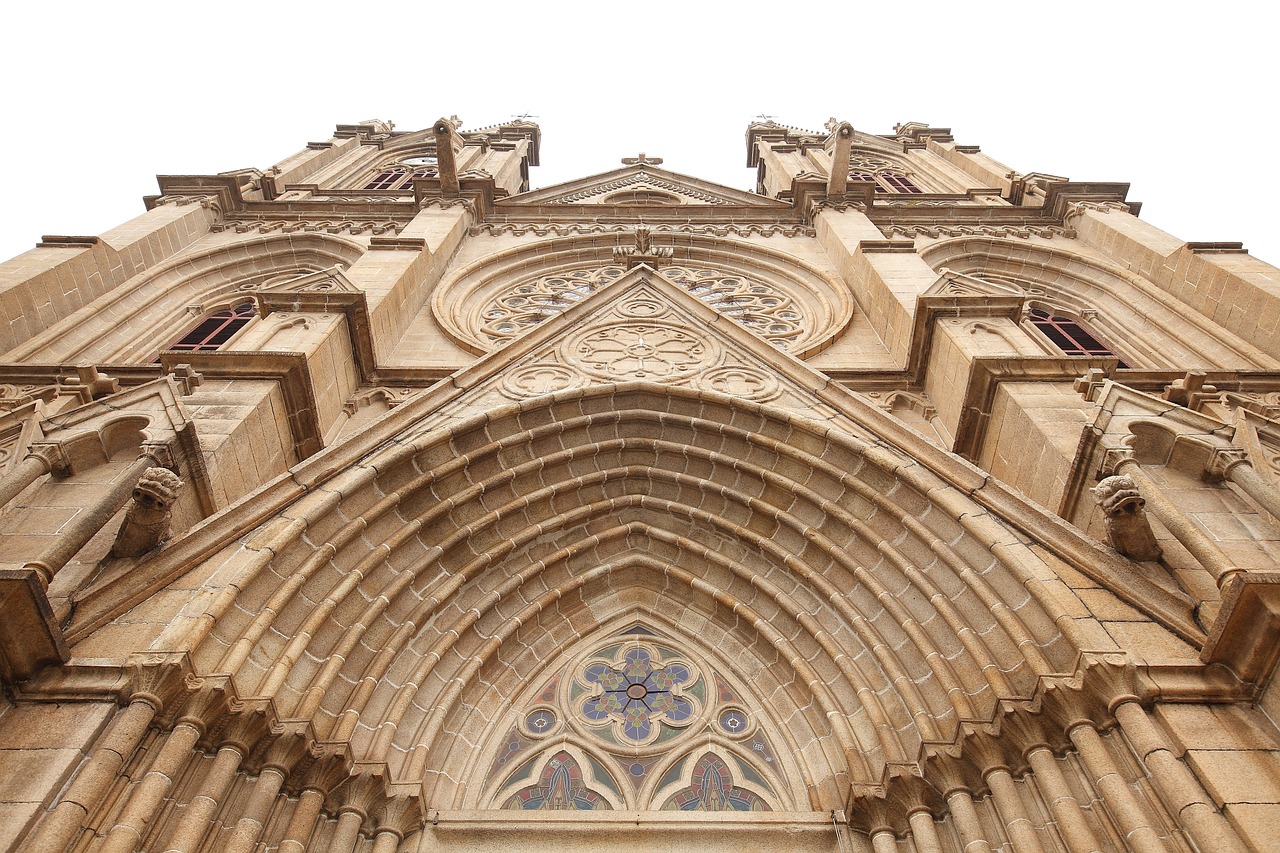
Population and Diversity
- Migrant Population: Guangzhou attracts a significant number of migrants from rural areas and other regions of China, seeking employment and better opportunities. This influx has contributed to the city’s cultural diversity and social dynamics.
- International Community: Guangzhou is home to a growing expatriate community, with a large number of foreigners living and working in the city. This international presence adds to the cultural exchange and global outlook of Guangzhou.
- Harmony and Integration: Despite the diverse population, Guangzhou maintains a sense of harmony and integration among its residents. People from different backgrounds coexist and contribute to the city’s social fabric.
Conclusion
Guangzhou, with its rich history, rapid development, and vibrant cultural heritage, has undergone significant social and cultural transformations. The city’s economic prowess, educational institutions, and diverse population have shaped its identity and contributed to its social fabric. Guangzhou continues to evolve while embracing its past, making it a fascinating destination that offers a blend of tradition and modernity.
References
- britannica.com
- travelchinaguide.com
- timeout.com


